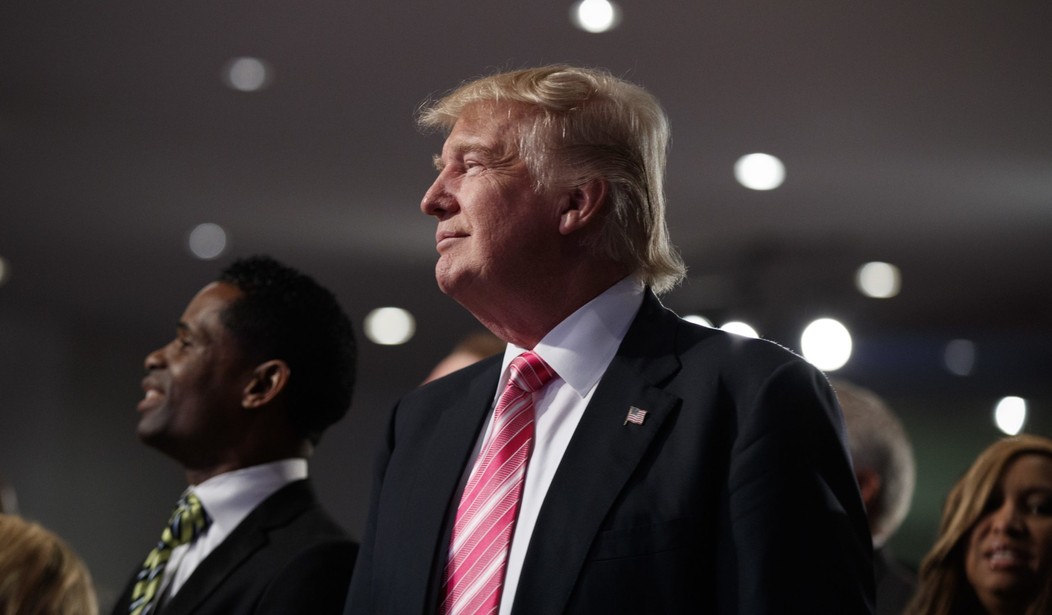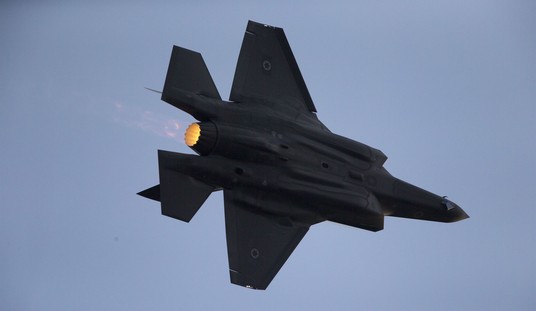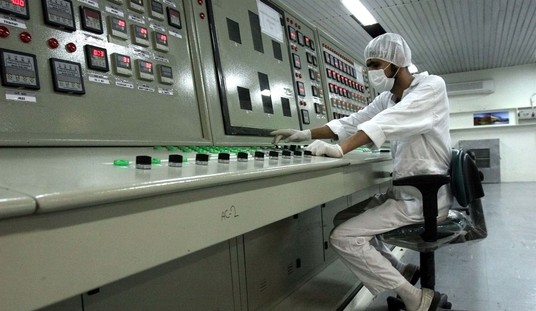After Brexit, which I whole-heartedly supported because I strongly oppose centralized multinational governments, I began to think about how consumers in the United States could help the Brexiteers. Trade was the obvious answer, to buy British whenever we’re not buying American. The question became, what was I buying from Britain?
My first instinct was to check to see where my “Downton Abbey” merchandise was manufactured. Would the hooded sweatshirt emblazoned with the Crawley family crest and the light-up musical replica of Highclere Castle have “Made in England” stamped on them. Nope. The sweatshirt was made in Honduras, the music box was manufactured in China.
Both are officially licensed products of Carnival Films and Television Ltd. The sweatshirt cost $45, the music box, $35, plus shipping. In addition, in 2015 I purchased a “Downton” t-shirt for my Downton-loving sister, made in Bangladesh, cost $15. Referring back to the PBS page for “Downton” products, I found nothing that was made in Britain, though some of the products were manufactured in the United States.
The next candidate for my stock-taking of possible British products led me to my commemorative 40-year (from 2008) officially licensed “Yellow Submarine” ornament set. This killer purchase, which I enjoy bringing out each year to hang on the tree, includes all four Beatles and a replica of the submarine. You’d think an item like this would be a natural for British manufacturing, but no, the set, which I hope my children will continue to hang on Christmas trees long after I’m part of Christmas past, was made in China.
A theme had developed and it was not really a surprise: jobs manufacturing merchandise for two of the most recognizable and profitable British pop cultural brands had not gone to the British people. That theme carries over to the ultimate challenge facing President-elect Donald Trump in his quest to dismantle unfair trade deals, right the wrongs of multi-billion dollar trade imbalances, and bring manufacturing jobs home: the cost of labor in the Western democracies.
It is likely that if the products above were British made, the $95 I spent might well have been $190. The next questions go to the heart of the matter: Will consumers pay as much as twice the price to help bring manufacturing jobs to countries they wish to support, most specifically their home countries? Can the cost to produce in the West be lowered, or will more intelligent trade policies improve things enough so that folks will be able to pay more to support American jobs? The challenge lies in making nationalistically-oriented trade policies work in a global economy.
For a Chinese manufacturer operating in a global economy, it makes economic sense to purchase the rights to mass produce consumer products with relatively cheap labor. For Carnival Films and Apple Incorporated, it makes more economic sense to outsource the production of their brand-famous products than to make them in the United Kingdom.
A few stats: the United States was Britain’s top import partner in 2015, with 66.5 billion in sales (14.5% of total British exports). The top three British exports overall were: machines, engines, and pumps; gems and precious metals; and vehicles. A search of British products sold in the United States yielded only two that I could specifically identify as products I have regularly purchased: Gasoline from the Royal Dutch Shell Corporation to keep my Ford fueled, and Twinings Tea, to keep me going through a “Downton” marathon.
It seems irrefutable that the more manufacturing a county has, the better off it is. Wouldn’t repatriation of the manufacture of culturally-inspired products contribute to any nation’s healthy bottom line?
President-elect Trump has coined a new mantra, “Buy American, and hire American.” He’s betting that a deregulated national economy, unburdened by unfair trade deals, imbalanced trade equations, and punitive taxation will rescue our bottom line. That a rising tide of prosperity will remedy the cost-of-labor conundrum that drives western manufacturing to foreign lands.
If Trump succeeds, and Brexiteers freed of the moribund economics of the European Union follow his example, the production of “Downton Abbey” and Beatles merchandise might come home to the British Isles. These beloved cultural icons will become wholly-owned subsidiaries of the British people, from the moment of conception at the highest levels of the creative community, to the moment the t-shirts, music boxes, and ornaments start coming off the line.
If Trump’s plan to “make things in America again” even partially succeeds, by the time he delivers his second inaugural address an official White House snow-globe might be Made in America.








Join the conversation as a VIP Member